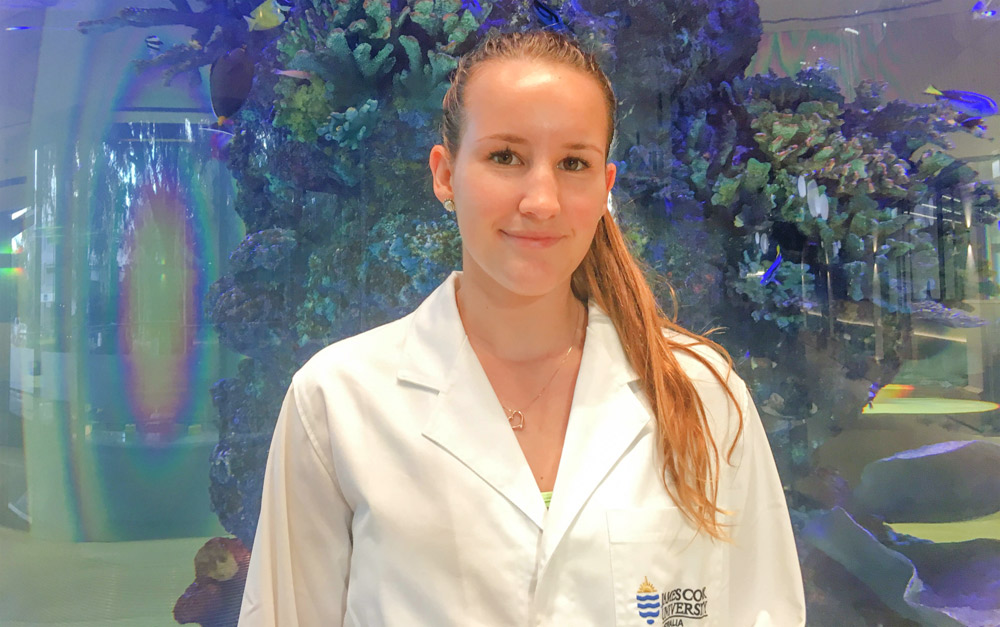Discover Marine Science
Marine scientists have the knowledge, skills and passion for understanding, protecting and promoting the health and wellbeing of marine environments and ecosystems. When you study Marine Science, Marine Biology and Aquaculture at JCU, you’ll have access to incredible learning environments. Develop in-depth knowledge and professional skills at JCU Orpheus Island Research Station, or on-site at various coral reef, island, seagrass and mangrove environments in the World Heritage Listed Great Barrier Reef.
As you explore the geography, topography, biology, natural systems and balance of the ocean, you’ll build an expert understanding of how to protect and manage marine resources. Investigate alternative and innovative ways to establish and maintain sustainable fishing and aquaculture industries. You will explore oceanography through the use of cutting-edge technology, including sensors and radar, and gain essential skills for your marine science career.
1. 2025 Good Universities Guide, UG Science and Mathematics | 2. 2024 QS World University Rankings | 3. 2024 QS Sustainability Rankings
Explore your study options in Marine Science
Search Results
A student’s perspective

Marissa Hutchings
Student
Bachelor of Marine Science
There is no doubt that JCU is the world’s best place to study marine science. The array of classes is just phenomenal, the field work opportunities are endless and the enthusiasm of all the lecturers is truly inspiring. With so much research going on, there are lots of opportunities for volunteering and networking.